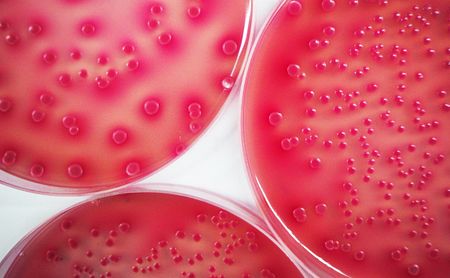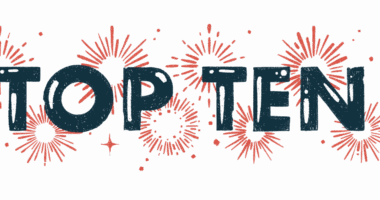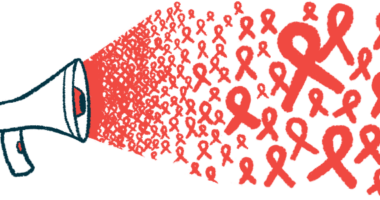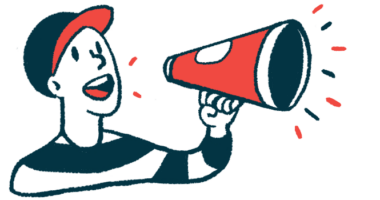BrainStorm, FDA Discuss Plans for Manufacturing of NurOwn

BrainStorm Cell Therapeutics met with U.S. Food and Drug Administration (FDA) officials regarding its plans for a semi-automatic manufacturing process for NurOwn, the company’s investigational cell-based therapy for amyotrophic lateral sclerosis (ALS).
Discussion at the meeting — formally called a type C meeting — covered issues that included how to evaluate future therapy modifications for comparability testing, as well as the logistics involved in sourcing starter materials and of future manufacturing production.
“We are pleased with the outcome of the type C meeting and the actionable guidance on FDA’s expected requirements for a future semi-automated process,” Chaim Lebovits, BrainStorm’s CEO, said in a press release.
NurOwn treatment involves collecting certain stem cells from a patient, growing them into cells that can help nerve tissue grow and survive, and returning these cells to the patient.
Specifically, mesenchymal stem cells (MSCs), which can grow to become many other cell type, are removed from a patient’s bone marrow. The collected cells are expanded and differentiated in the lab into cells that produce large amounts of neurotrophic factors (NTFs), which promote nervous tissue growth and survival. These cells, now called MSC-NTF cells, are then injected into that patient’s spinal canal, where they may work to repair nerve cells.
Using a patient’s own cells — an autologous transplant — minimizes the risk of a potentially life-threatening immune reaction, as can occur with donor cells.
BrainStorm has been gathering data on the feasibility of a planned semi-automatic, commercial manufacturing process, which it reports as having reached an advanced design stage.
The FDA provided feedback on planning for this new process, and on several key aspects of the current one. BrainStorm intends to incorporate this feedback, along with experience in supplying the treatment for its Phase 3 trial, into its plans for the eventual new process. It is also finalizing steps that would be needed to compare batches of NurOwn made by the current and by the future semi-automated process.
BrainStorm recently opened an early access — or compassionate use — program to make NurOwn available to ALS patients who completed the therapy’s recent Phase 3 trial (NCT03280056) and meet certain eligibility criteria.
This trial enrolled 189 ALS patients with rapidly progressing disease, who received three injections of either NurOwn or a placebo into their spinal canal. While the trial failed to met its primary and secondary goals of slower disease progression in the overall population, NurOwn resulted in clinically meaningful responses in a patient group with less advanced disease.
BrainStorm is in active discussions with the FDA to determine the next steps in NurOwn’s development.
“As we review our clinical data with the FDA,” Lebovits added, “we will also continue communications on manufacturing to ensure our plans remain aligned with the Agency’s expectations as we advance the development of NurOwn.”






